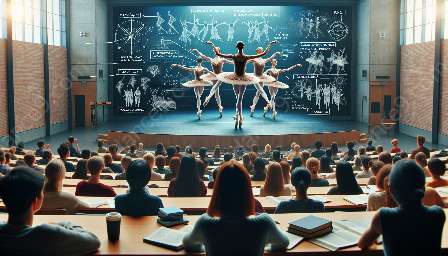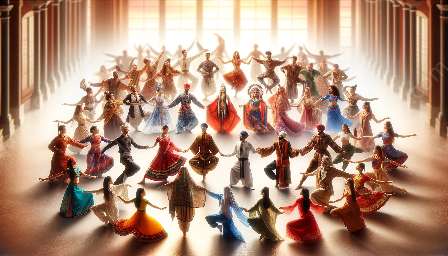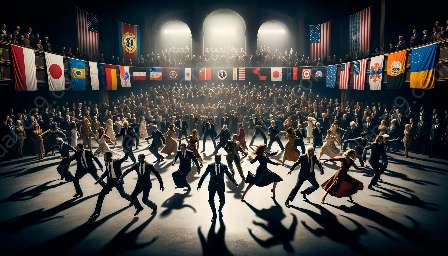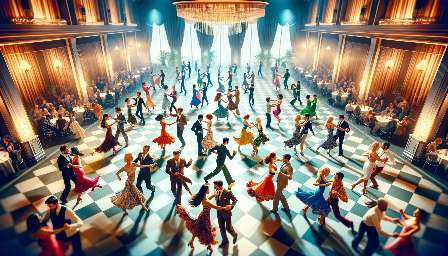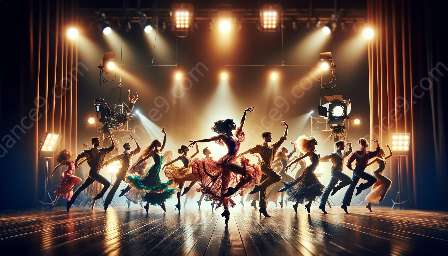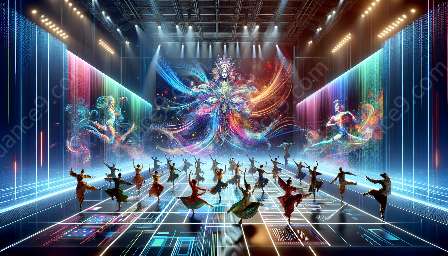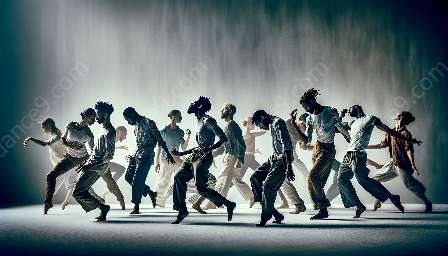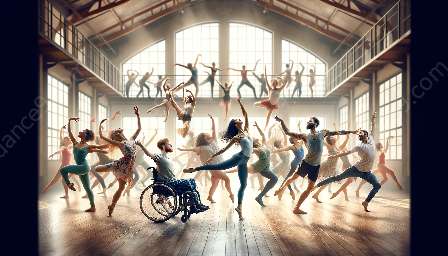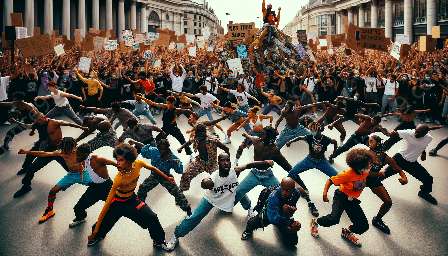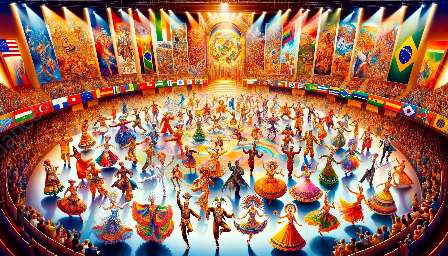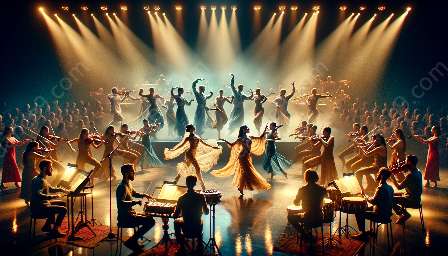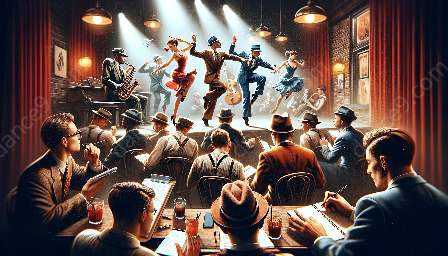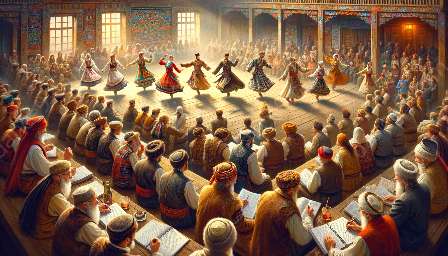Folk dance theory plays a vital role in cultural diplomacy and international relations, serving as a powerful tool to promote understanding and appreciation of diverse cultures. By examining the significance of folk dance within the context of cultural diplomacy and international relations, we can gain insight into how it fosters connections, builds bridges, and promotes mutual respect among communities worldwide.
Understanding Folk Dance Theory
Folk dance theory encompasses the study and analysis of traditional dance forms that have been passed down from generation to generation within specific cultural groups. It explores the historical, social, and artistic significance of these dances, delving into the ways in which they reflect the values, rituals, and traditions of the communities from which they originate.
Furthermore, folk dance theory delves into the structural elements of these dances, including movement patterns, choreographic styles, and musical accompaniment. By examining these elements, scholars and practitioners can gain a deeper understanding of the cultural and artistic expressions embedded within folk dances.
Significance of Folk Dance in Cultural Diplomacy
Folk dance serves as a potent form of cultural expression, representing the unique identity of various communities around the world. In the context of cultural diplomacy, folk dance becomes a means of showcasing the richness and diversity of cultural traditions, thereby fostering cross-cultural understanding and appreciation. Through folk dance performances, artists and cultural ambassadors can communicate the values, stories, and expressions of their respective cultures to global audiences, transcending language barriers and promoting intercultural dialogue.
Moreover, folk dance in cultural diplomacy can facilitate people-to-people exchanges, creating opportunities for individuals from different cultural backgrounds to connect, collaborate, and build lasting relationships. Through shared experiences of dance and movement, participants can find common ground, celebrate diversity, and cultivate a sense of unity and interconnectedness.
The Role of Folk Dance Theory in International Relations
Within the realm of international relations, folk dance theory contributes to a deeper understanding of the cultural, social, and political dynamics at play in diverse global contexts. By studying the folk dances of different cultures, researchers and analysts can gain insight into the historical narratives, societal structures, and power dynamics that shape international relationships.
Furthermore, folk dance theory sheds light on how cultural exchange through dance can promote diplomacy, bridge cultural divides, and mitigate conflict. Through the lens of folk dance theory, international relations scholars can examine the ways in which dance serves as a platform for cultural dialogue, mutual understanding, and the celebration of shared humanity.
Contribution of Dance Theory and Criticism
When considering the role of folk dance theory in cultural diplomacy and international relations, it's essential to acknowledge the broader field of dance theory and criticism. Dance theory and criticism provide valuable frameworks for analyzing the artistic, cultural, and sociopolitical dimensions of dance forms, including folk dance.
As scholars and practitioners apply dance theory and criticism to folk dance, they can interrogate the ways in which these dances embody cultural narratives, challenge stereotypes, and assert cultural identity. Furthermore, dance theory and criticism offer tools for examining the power dynamics, gender representations, and historical contexts embedded within folk dance traditions, contributing to a nuanced understanding of cultural diplomacy and international relations.
In Conclusion
The role of folk dance theory in cultural diplomacy and international relations is multifaceted and profound. By recognizing the significance of folk dance as a cultural ambassador, as well as delving into the critical frameworks provided by dance theory and criticism, we can appreciate how folk dance serves as a bridge between diverse communities and contributes to the promotion of mutual respect, understanding, and interconnectedness on a global scale.

